New Delhi: In a shift from tradition, six Indian states will share a single pavilion at the World Economic Forum (WEF) Annual Meeting 2025 in Davos, Switzerland. This marks the first time multiple state delegations have opted for a joint representation instead of setting up individual pavilions. The event, scheduled for next week, is expected to host significant Indian representation from both state and central governments.
Joint Representation at WEF
Uttar Pradesh, Maharashtra, Tamil Nadu, Telangana, Andhra Pradesh, and Kerala will share different floors in a single pavilion. Meanwhile, a separate pavilion will represent the Union Government delegation, highlighting India’s central policies and investment initiatives. The decision to consolidate state representation is reportedly aimed at fostering a unified image and streamlining efforts to attract global investors.
Shift from State Rivalry
Traditionally, Indian states have competed fiercely at WEF by setting up independent pavilions to showcase their investment potential. The size and location of these pavilions often symbolized the states’ ambitions. The new collaborative approach signals a move towards a more coordinated effort in presenting India’s economic strengths on the global stage.
High-Profile Delegation from India
The Indian delegation at Davos includes key political and business leaders. Chief Ministers Devendra Fadnavis (Maharashtra), Chandrababu Naidu (Andhra Pradesh), and Revanth Reddy (Telangana) will attend, along with senior state officials such as Nara Lokesh (Andhra Pradesh), TRB Rajaa (Tamil Nadu), Suresh Kumar Khanna (Uttar Pradesh), and P Rajeev (Kerala).
From the central government, Union Ministers Ashwini Vaishnaw, Chirag Paswan, and K. Rammohan Naidu will participate, accompanied by officials like CR Patil (Jal Shakti) and Amardeep Singh Bhatia (DPIIT). Over 100 Indian CEOs and business leaders are also expected to join.
This consolidated approach at WEF could signal a broader strategy to present India as a cohesive investment destination, balancing individual state agendas with national priorities. The outcomes of this collaborative effort remain to be seen as global investors gather in Davos.













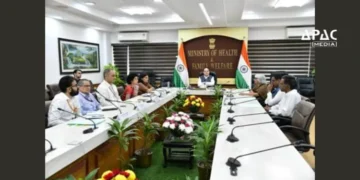
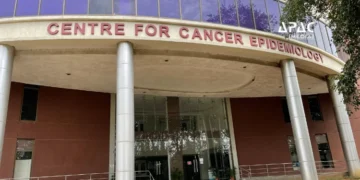




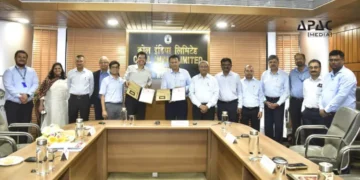
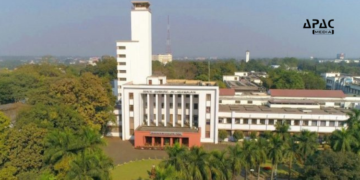
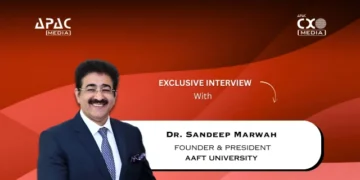

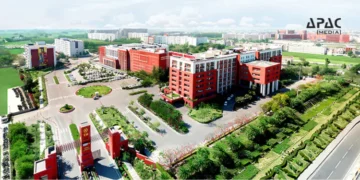
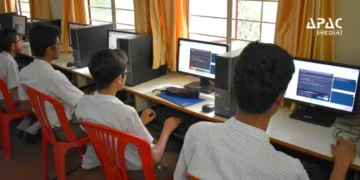

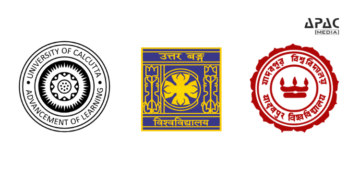
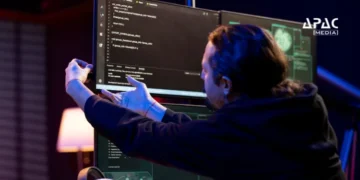
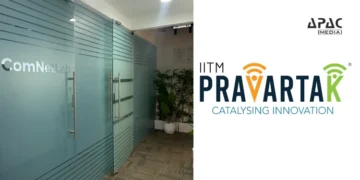

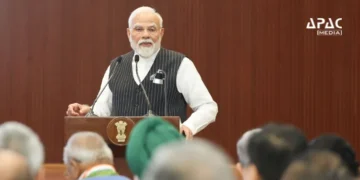

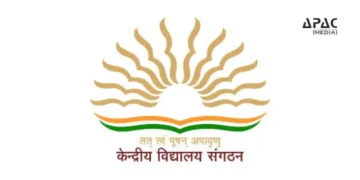

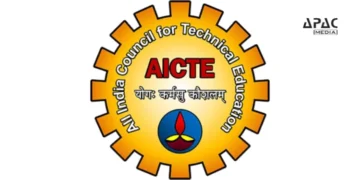




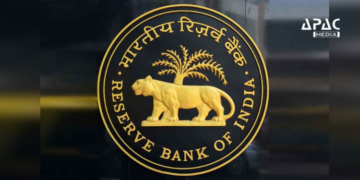






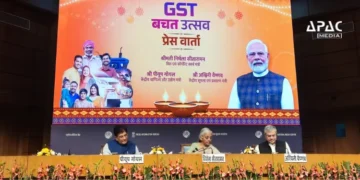
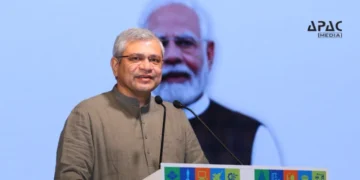
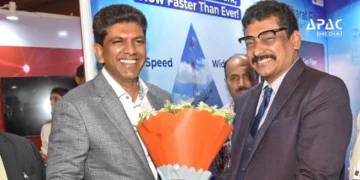
















Discussion about this post